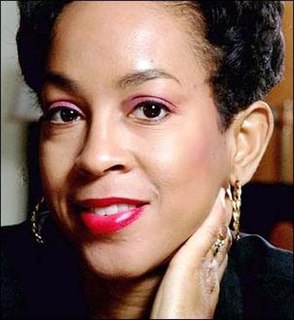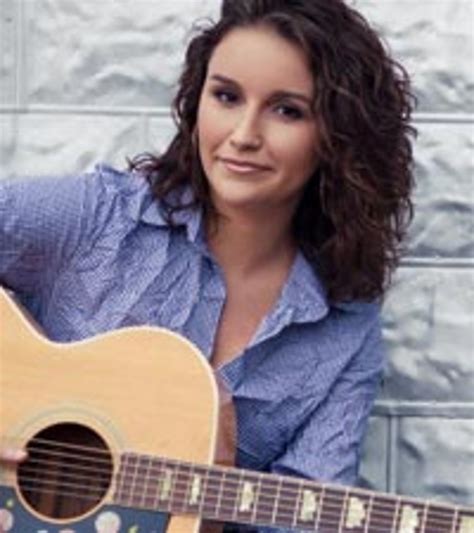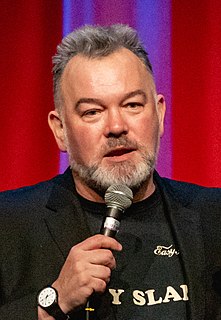A Quote by James Salter
Sometimes I write with a particular person in mind. I think it's fair to say that I write for a perceptive reader. You have to get it. If you don't get it the first time you may not understand. If you like repetition, analysis, explanation, you probably won't like my books.
Related Quotes
Write what you want to read. So many people think they need to write a particular kind of book, or imitate a successful style, in order to be published. I've known people who felt they had to model their book on existing blockbusters, or write in a genre that's supposed to be "hot right now" in order to get agents and publishers interested. But if you're writing in a genre you don't like, or modeling yourself on a book you don't respect, it'll show through. You're your first, most important reader, so write the book that reader really wants to read.
Do not write to impress others. Authors who write to impress people have difficulty remaining true to themselves. A better path is to write what pleases you and pray that there are others like you. Your first and most important reader is you. If you write a book that pleases you, at least you know one person will like it.
Like I say, I'm always writing and if something sticks, it sticks. I get to write with great songwriters in town. Lori McKenna is one of my all-time favorite singer-songwriters who's ever walked the planet. I get to write with her. The Warren Brothers are friends of mine and I write with them all the time. Lance Miller is a great songwriter. Tom Douglas - you can't get any better than that. I write a lot of stuff but it's got to stick.
Writing is a weird thing because we can read, we know how to write a sentence. It's not like a trumpet where you have to get some skill before you can even produce a sound. It's misleading because it's hard to make stories. It seems like it should be easy to do but it's not. The more you write, the better you're going to get. Write and write and write. Try not to be hard on yourself.
When you write your first novel you don't really know what you're doing. There may be writers out there who are brilliant, incisive and in control from their first 'Once upon a time'. I'm not one of them. Every once upon a time for me is another experience of white-water rafting in a leaky inner tube. And I have this theory that while the Story Council has its faults, it does have some idea that if books are going to get written, authors have to be able to write them.
I'd quite like to write a book about comics, actually. But trying to write about comics as literature, which I don't think anyone's really done before. Sometimes they're more like fan books, and I'd quite like to write one about the Marvel universe over the last 50 years. It's an unprecedented achievement to create that length of continuity.
The age of the book is not over. No way... But maybe the age of some books is over. People say to me sometimes 'Steve, are you ever going to write a straight novel, a serious novel' and by that they mean a novel about college professors who are having impotence problems or something like that. And I have to say those things just don't interest me. Why? I don't know. But it took me about twenty years to get over that question, and not be kind of ashamed about what I do, of the books I write.







































